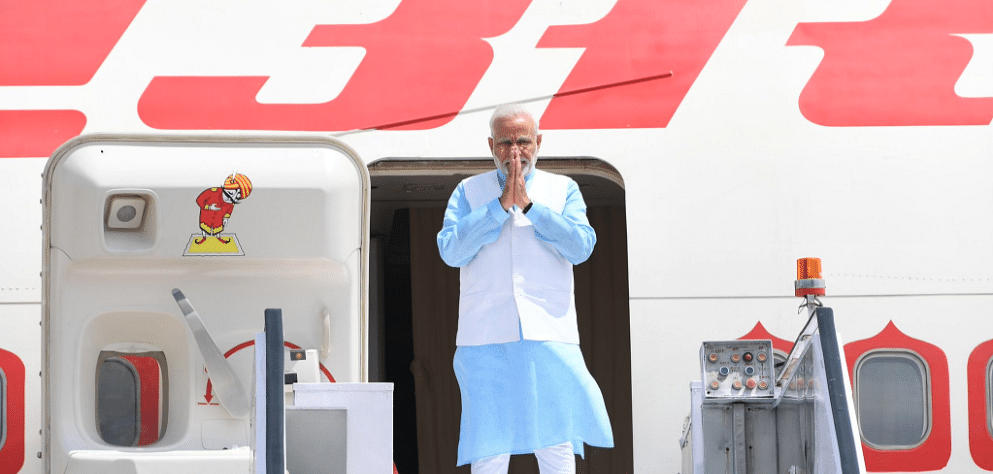PM is scheduled to visit the country for BRICS summit. South Africa’s prosecuting agency says allegations in UN report ‘inadequate’ for legal action.
New Delhi: South Africa’s National Prosecuting Authority (NPA) has rejected a demand to arrest Prime Minister Narendra Modi over a United Nations (UN) report alleging “war crimes” in Jammu and Kashmir. The Prime Minister is scheduled to visit Johannesburg later this week for the BRICS summit.
The prosecuting agency has refused to entertain the demand on the grounds that the allegations in the UN report are “inadequate” for legal action. An NPA spokesperson Luvuyo Mfaky told Bloomberg that after evaluating the evidential material, information received and the applicable law, the NPA decided there was inadequate evidence to sustain a successful prosecution and to support an application for a warrant of arrest.
The demand was put forth by two civil society organisations — the South African Kashmiri Action Group and the Muslims Lawyers’ Association — which have sought the investigation, arrest and prosecution of the prime minister, accusing him and his party, the BJP, of provoking and exacerbating the human rights situation in Jammu & Kashmir for the last several years.
On Monday, the prime minister left for Rwanda en route to the BRICS summit in South Africa, where he is expected to meet the heads of state from Brazil, Russia, China and South Africa in Johannesburg.
‘Human rights violations in disturbed state’
Attorney Yousha Tayob, the legal representative of the two NGOs, said Modi should be arrested when he lands in South Africa, for his inability to curb human rights violations in “India’s disturbed state”.
He added that the UN and Human Rights Watch reports, both from 2018, “detailed war crimes and crimes against humanity in the form of excessive force, unlawful killings, non-access to justice, detention without trial” among others in Kashmir.
“We are in terms of international customary law entitled to seek redress through our prosecuting authority,” Tayob said.
The 49-page UN report, released in June, calls for an international inquiry into what it has termed as multiple human rights violations on both sides of the Line of Control.
India has rejected the report outright, calling it “fallacious.” But the UN remains unfazed and has expressed disappointment over Delhi’s dismissal.
The main focus of the report was on the situation in the Valley since the killing of the Hizbul Mujahideen commander Burhan Wani in 2016.
